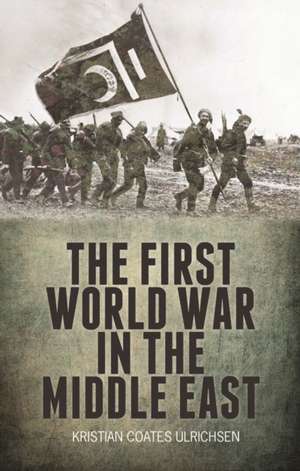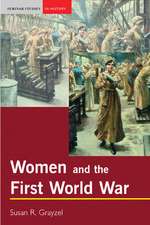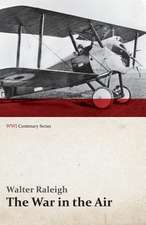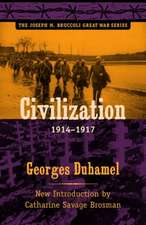The First World War in the Middle East
Autor Kristian Coates Ulrichsenen Limba Engleză Hardback – 29 iun 2014
| Toate formatele și edițiile | Preț | Express |
|---|---|---|
| Paperback (1) | 124.86 lei 22-36 zile | +35.85 lei 5-11 zile |
| C Hurst & Co Publishers Ltd – 30 ian 2019 | 124.86 lei 22-36 zile | +35.85 lei 5-11 zile |
| Hardback (1) | 173.31 lei 22-36 zile | |
| Hurst – 29 iun 2014 | 173.31 lei 22-36 zile |
Preț: 173.31 lei
Preț vechi: 214.38 lei
-19% Nou
33.16€ • 34.71$ • 27.60£
Carte disponibilă
Livrare economică 10-24 martie
Specificații
ISBN-10: 1849042748
Pagini: 320
Ilustrații: 2 maps
Dimensiuni: 163 x 236 x 28 mm
Greutate: 0.59 kg
Editura: Hurst
Notă biografică
Kristian Coates Ulrichsen holds a PhD in military and imperial history from the University of Cambridge. He is the co-director of the Kuwait Research Programme at the LSE and the author of Insecure Gulf: The End of Certainty and the Transition to the Post-Oil Era, published by Hurst.
Descriere
The First World War in the Middle East is an accessibly written military and social history of the clash of world empires in the Dardanelles, Egypt and Palestine, Mesopotamia, Persia and the Caucasus. Coates Ulrichsen demonstrates how wartime exigencies shaped the parameters of the modern Middle East, and describes and assesses the major campaigns against the Ottoman Empire and Germany involving British and imperial troops from the French and Russian Empires, as well as their Arab and Armenian allies. Also documented are the enormous logistical demands placed on host societies by the Great Powers' conduct of industrialised warfare in hostile terrain.
The resulting deepening of imperial penetration, and the extension of state controls across a heterogeneous sprawl of territories, generated a powerful backlash both during and immediately after the war, which played a pivotal role in shaping national identities as the Ottoman Empire was dismembered. This is a multidimensional account of the many seemingly discrete yet interlinked campaigns that resulted in one to one and a half million casualties. It details not just their military outcome but relates them to intelligence-gathering, industrial organisation, authoritarianism and the political economy of empires at war.













